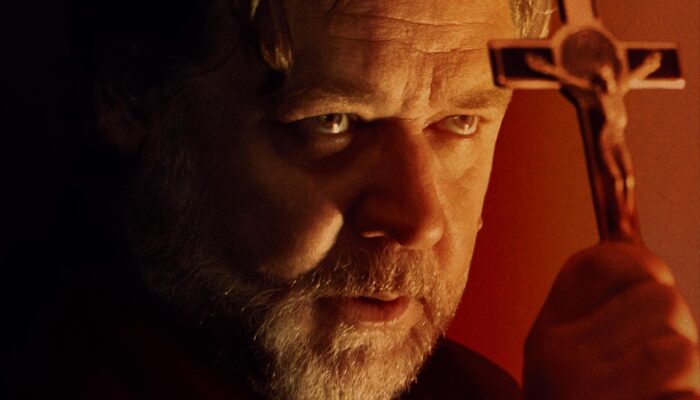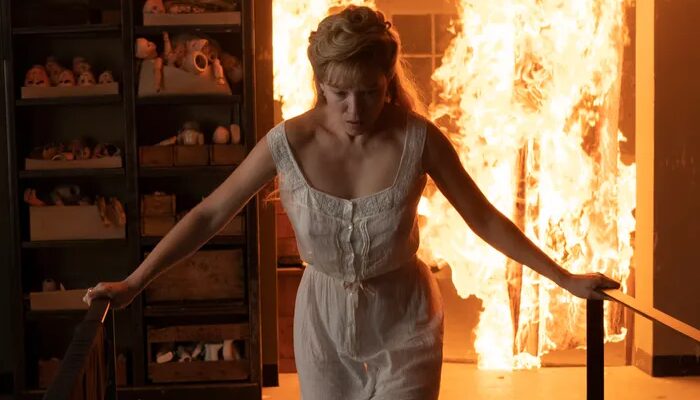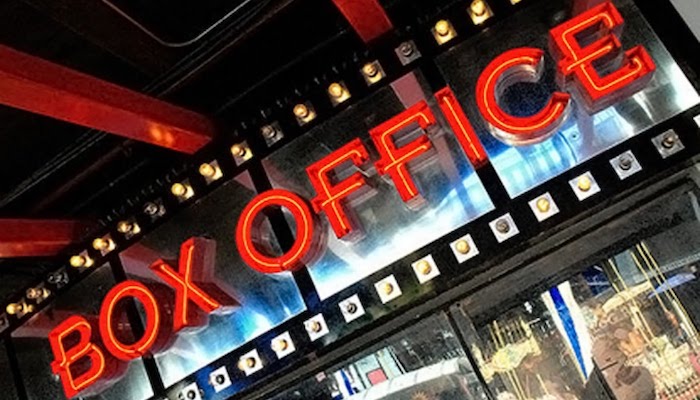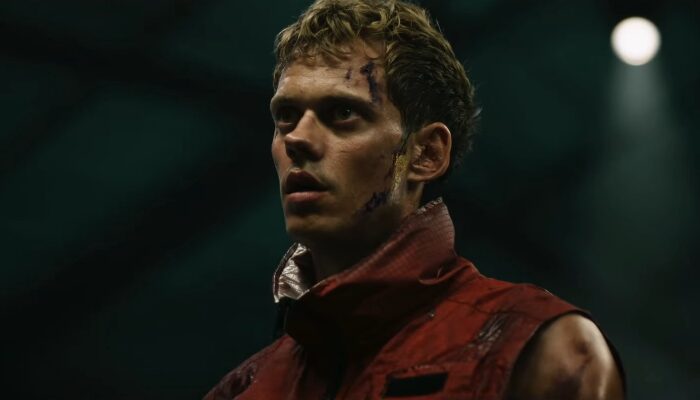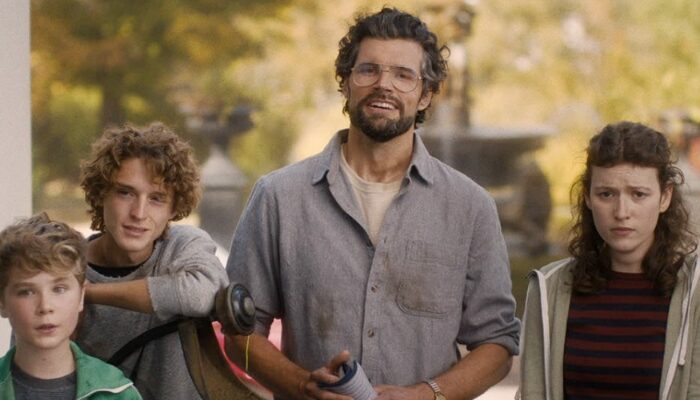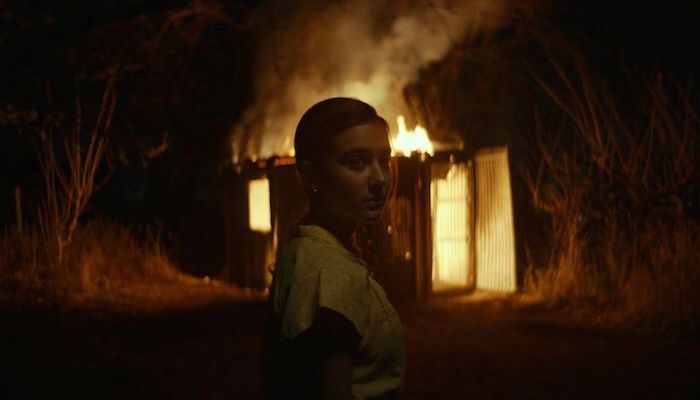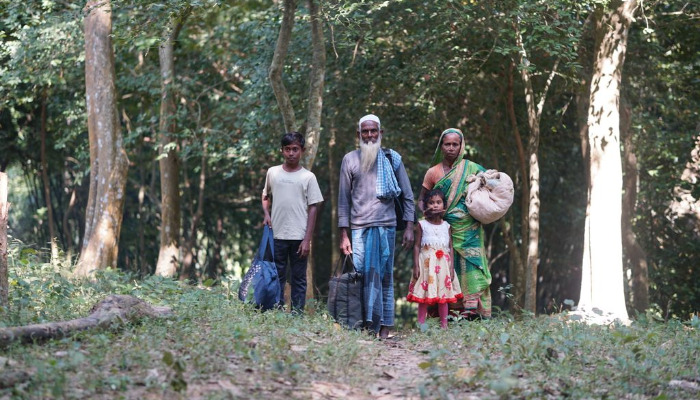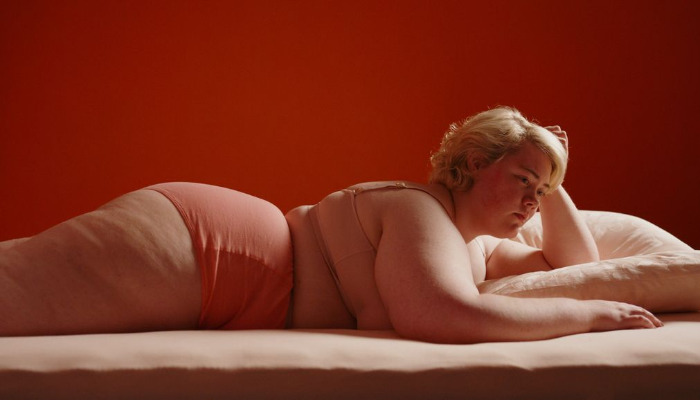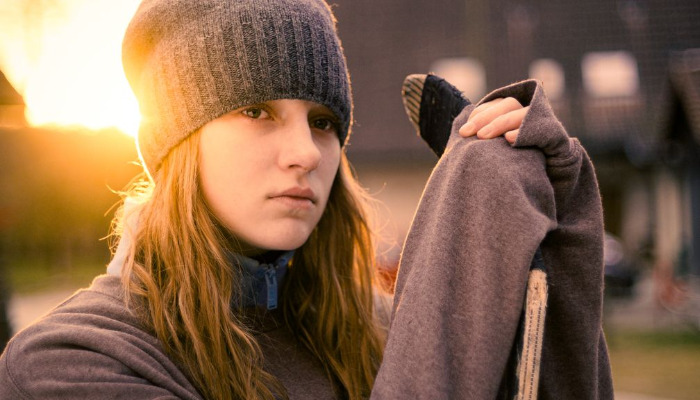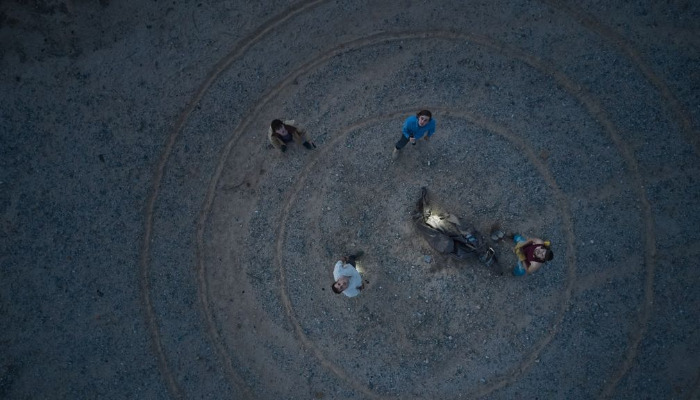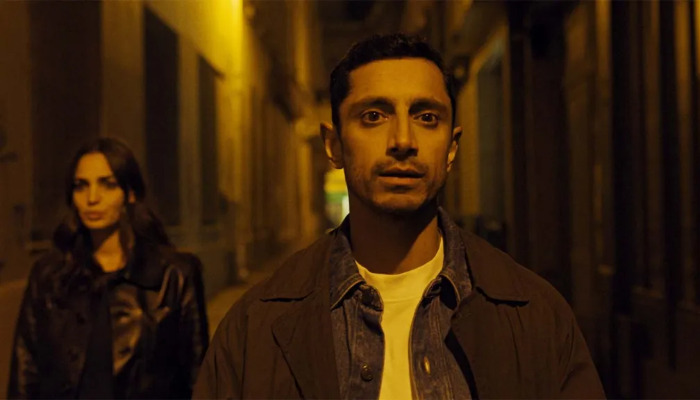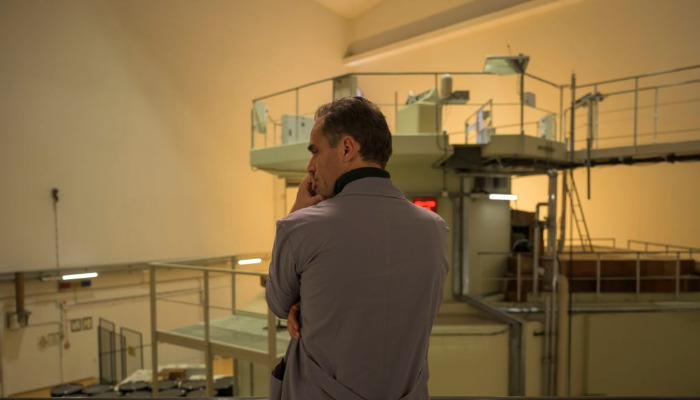Film Review: PIANO PIANO: Italian Coming-Of-Age Drama Brings Energetic and Anxious Vibes [Locarno 2022]
Piano Piano Review
Piano Piano (2022) Film Review from the 75th Annual Locarno Film Festival, a movie directed by Nicola Prosatore, written by Prosatore, Antonia Truppo, Francesco Agostini, and Davide Serino, starring Truppo, Dominique Donnarumma, Giuseppe Pirozzi, Massimiliano Caiazzo, Antonio De Matteo, Giovanni Esposito, and Lello Arena.
Jetting off at a breakneck speed like the cars that will soon populate the interstate highway seeking to demolish its characters’ village, Nicola Prosatore’s Piano Piano is a whip-smart coming-of-age tale that is as rich as it is dense. You may have very little time to catch your breath, but amidst an onslaught of stimuli and narrative sustenance you’re not even giving it much of a second thought.
In a poor, rural housing development in mid-to-late-1980s Italy, Anna (Dominique Donnarumma) struggles with the typical sources of teenage angst: an overbearing single mom (Antonia Truppo), raging hormones, and continuous ostracization and harassment from the townsfolk. She’s nicknamed “the Princess” on account of her top-floor apartment and her lack of obvious signposts of destitution, which the neighbors assume can only be pompous classist posturing. It doesn’t help matters that Anna’s electronic keyboard, plugged into an amp, can be heard through the development’s open windows and thin walls, garnering a mixed response from the community (everyone’s a critic, after all).
These are all temporary optics, of course, as the government is planning to demolish the village via eminent domain for a highway, and Anna’s mom – who desperately wants to leave her own rough past behind her – can’t wait to move out into what she thinks will be better government-subsidized housing this time around. But this creates a schism between her and Anna, who doesn’t want to leave her childhood home. It also drives a wedge between Anna and the townsfolk, who assume she’s nothing but a social climber like her mom and inauthentic in her love for the community.
Simmering with complicated frustration, Anna takes solace in what little bits of escapism she has – like playing synthesized pop ballads on her keyboard rather than classical piano pieces (much to her mom’s chagrin, who’d prefer Anna instead take the more professional and prodigal route to secure her ticket out of poverty). She also finds amusement in all the nooks and crannies of the village, clambering through them like any teenage anthropologist would.
In this angsty pinballing all over town, she crosses paths with Peppino (Giuseppe Pirozzi), the teenage son of the town’s clothing merchant (Giovanni Esposito), and they strike up an awkward friendship out of mutual curiosity. Peppino slowly grows smitten for her, and while Anna doesn’t really know if she can reciprocate those particular feelings just yet she does a keen interest in the boy’s secret task: aiding (and potentially abetting) a rugged stranger (Antonio De Matteo) camping on the outskirts of town. It’s a chance for one final bit of excitement, and for some secrets about the town to finally be illuminated.
With our increasingly-online spheres of interaction, perhaps describing something as “a vibe” is becoming a bit passé. However, it’s honestly the best classification for Piano Piano, which is bursting at the seams of its tight 84-minute runtime with both style and substance. The mid-to-late-‘80s setting is not cynically milked like it has been with other recent festival fare, but rather it puts the eminent domain subplot (and tangentially, a bunch of the characters’ various stressors) into historical context. It reminds us of the long-term destructive project that can be short-sighted public planning, and reinforces the concept of financial shortsightedness it forces onto its displaced populations. The film’s rapid pacing and momentum of its plot puts us squarely within the mindset of the townspeople: unanchored, and without the privilege to live beyond the current moment.
Certain subplots may seem random and incalculable – particularly one concerning the local mob boss (Lello Arena) and his sordid actions within the enclave – but it mostly works to further that metaphor of socioeconomic insecurity and uncertainty that envelopes the town. In that vein, few of Anna’s conflicts come to a satisfying conclusion, either (much less a solid head), yet they all happen so fast – both simultaneously and in constant succession of one another – that we just let them flow over us as the plot runs its course. Thankfully, Edoardo Carlo Bolli’s cinematography rarely allows for a static shot (including some clever drone footage) and Francesco Cerasi’s electronic score (also like a drone) is eerie and invigorating all at once, making the whole affair as immersive and lucid as it is disorienting.
Piano Piano is a bildungsroman that’s not quite like anything else of its ilk: while it may be hard to follow along, little by little – or, piano piano – you make peace with that inevitability as you sink into its unique sense of presentation. Whether or not this will match your cinematic wavelength is hard to say, but for those who can sync up with it … you are in for quite a vibe.
Rating: 7/10
Leave your thoughts on this Piano Piano review and the film below in the comments section. Readers seeking to support this type of content can visit our Patreon Page and become one of FilmBook’s patrons. Readers seeking more Fantasia International Film Festival news can visit our Locarno Film Festival Page, our Film Festival Page, and our Film Festival Facebook Page. Readers seeking more film reviews can visit our Movie Review Page, our Movie Review Twitter Page, and our Movie Review Facebook Page. Want up-to-the-minute notifications? FilmBook staff members publish articles by Email, Twitter, Facebook, Instagram, Tumblr, Pinterest, Reddit, and Flipboard.
Related Articles
FilmBook's Newsletter
Subscribe to FilmBook’s Daily Newsletter for the latest news!

